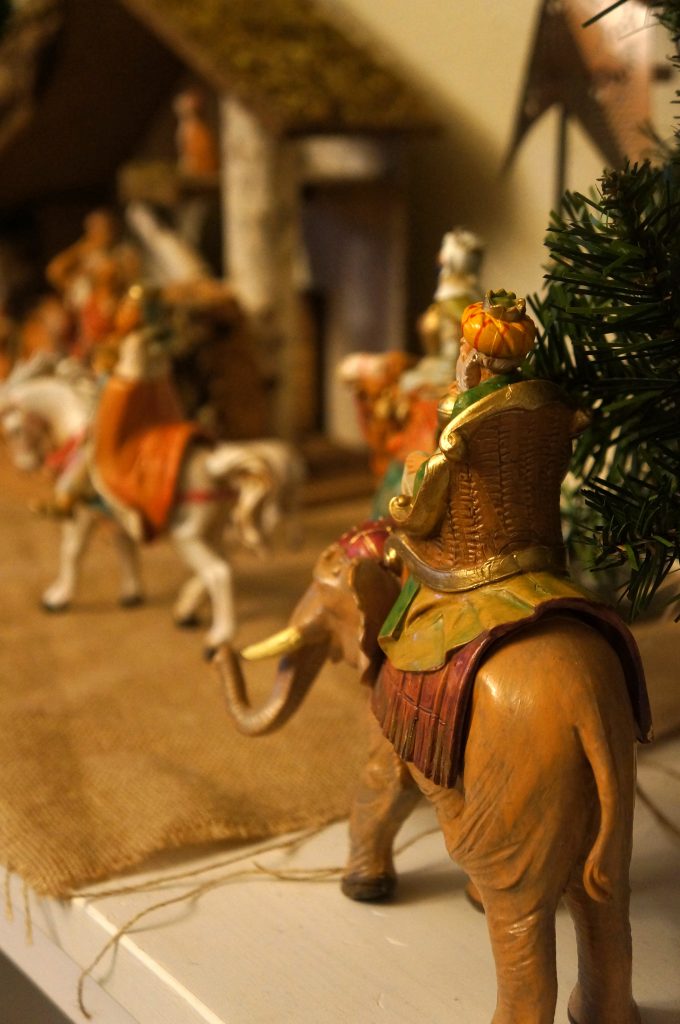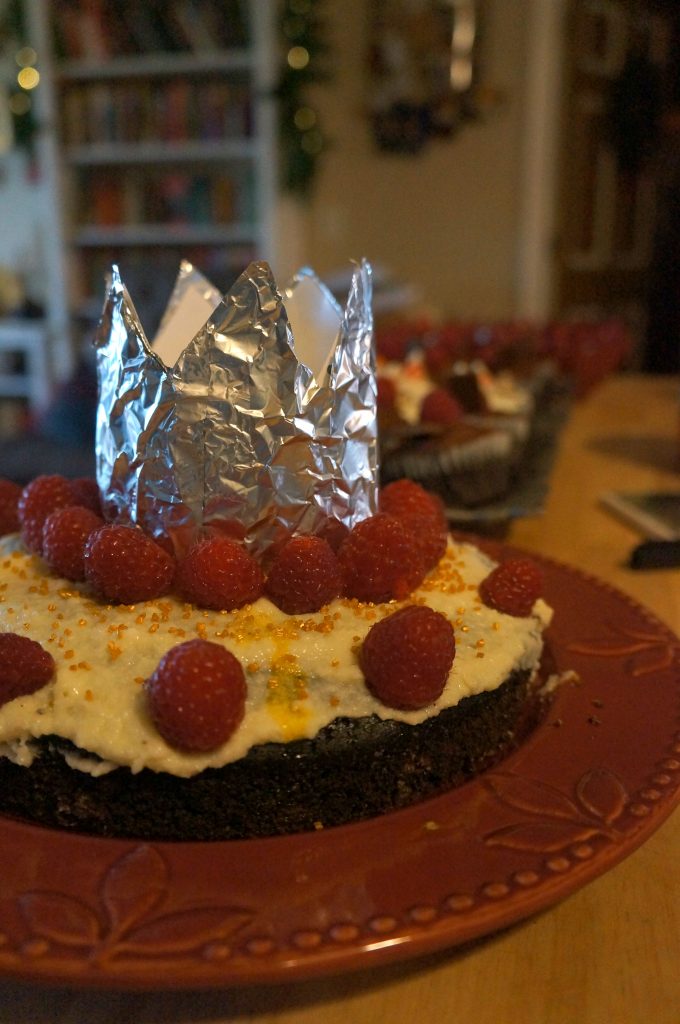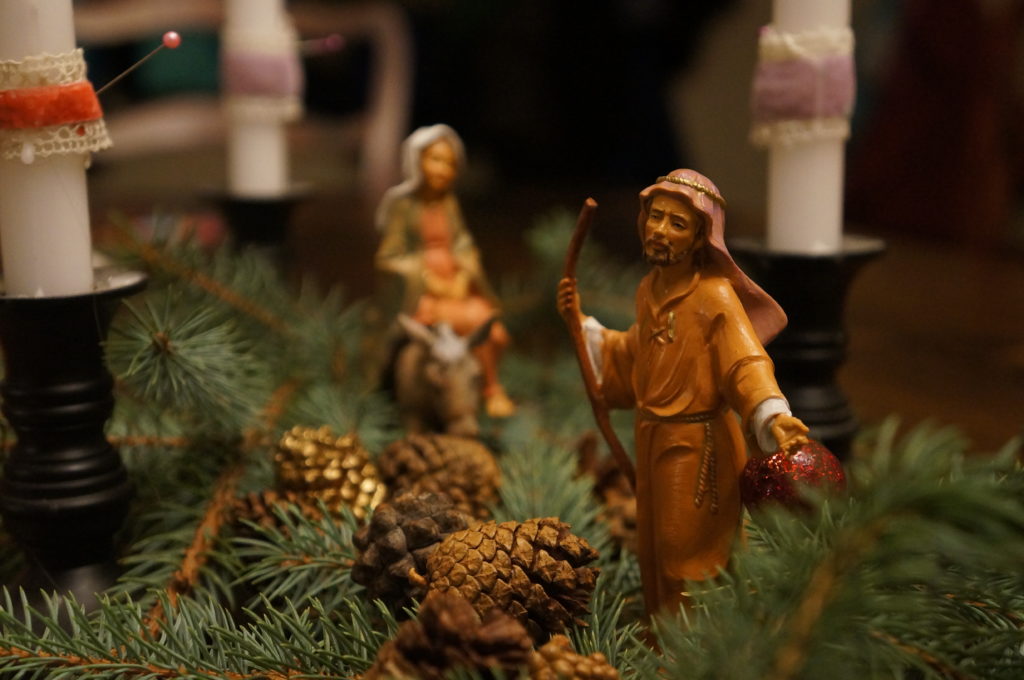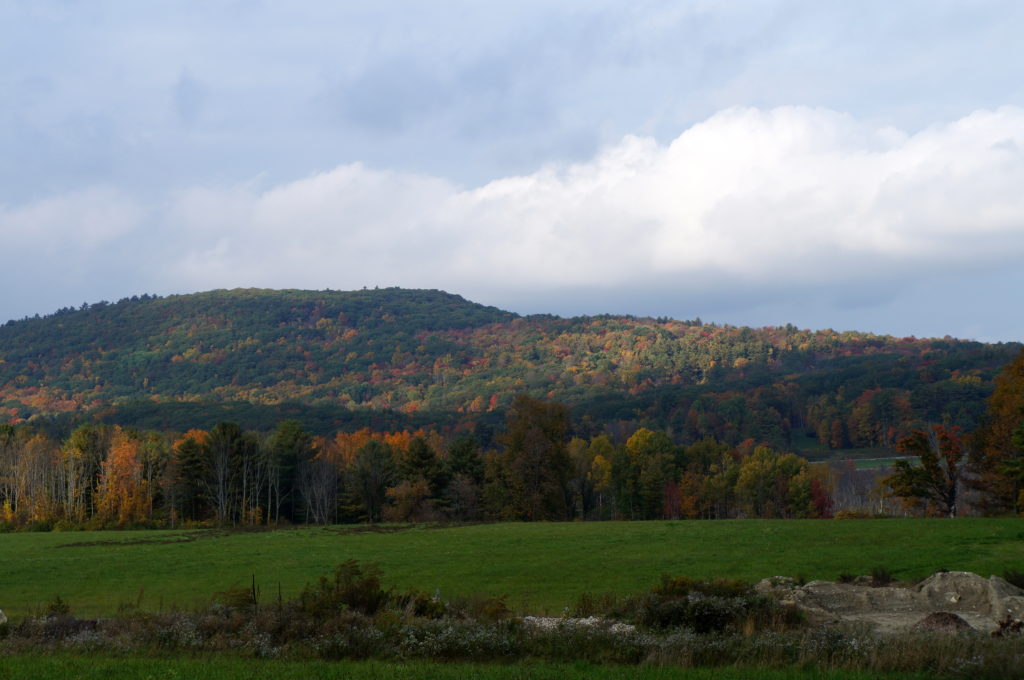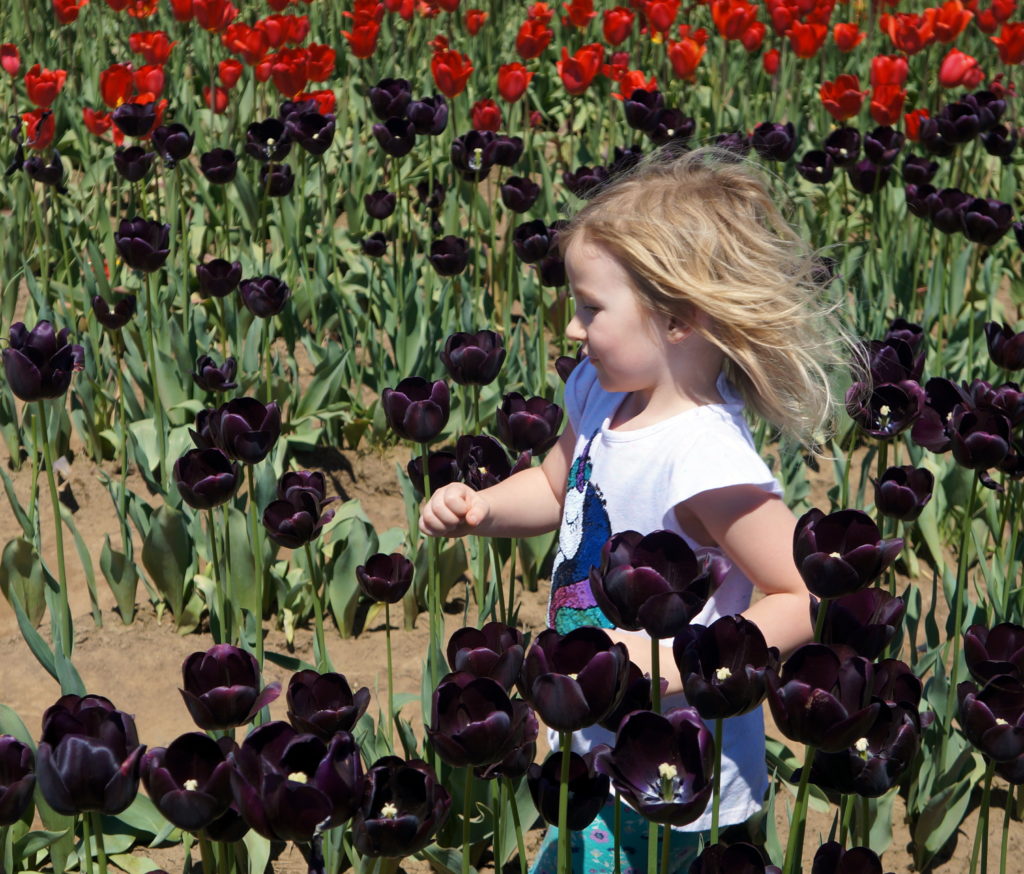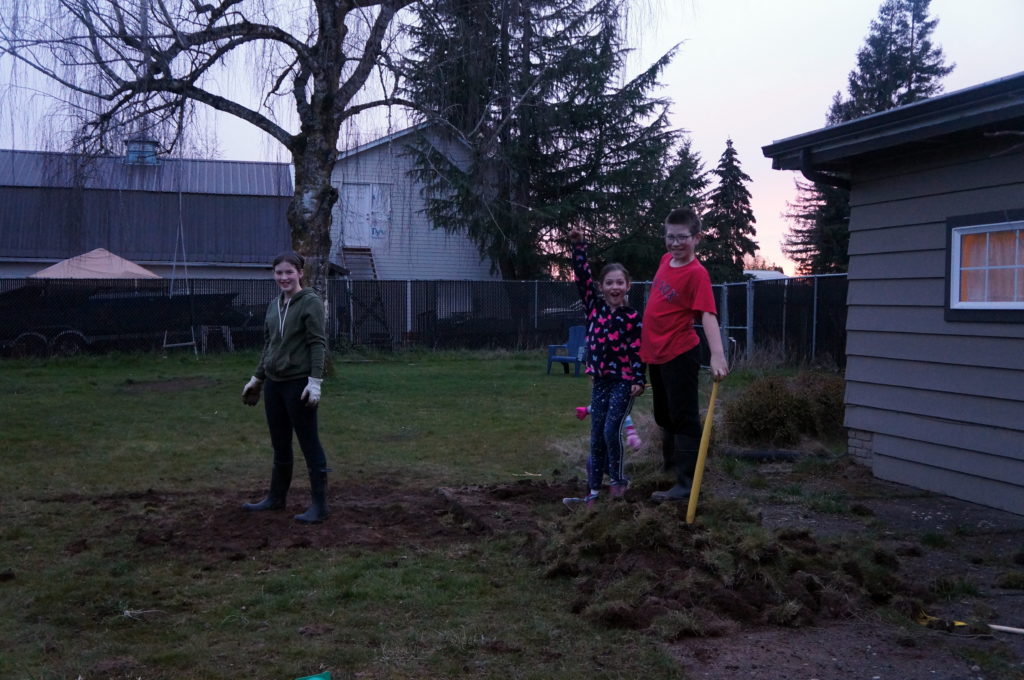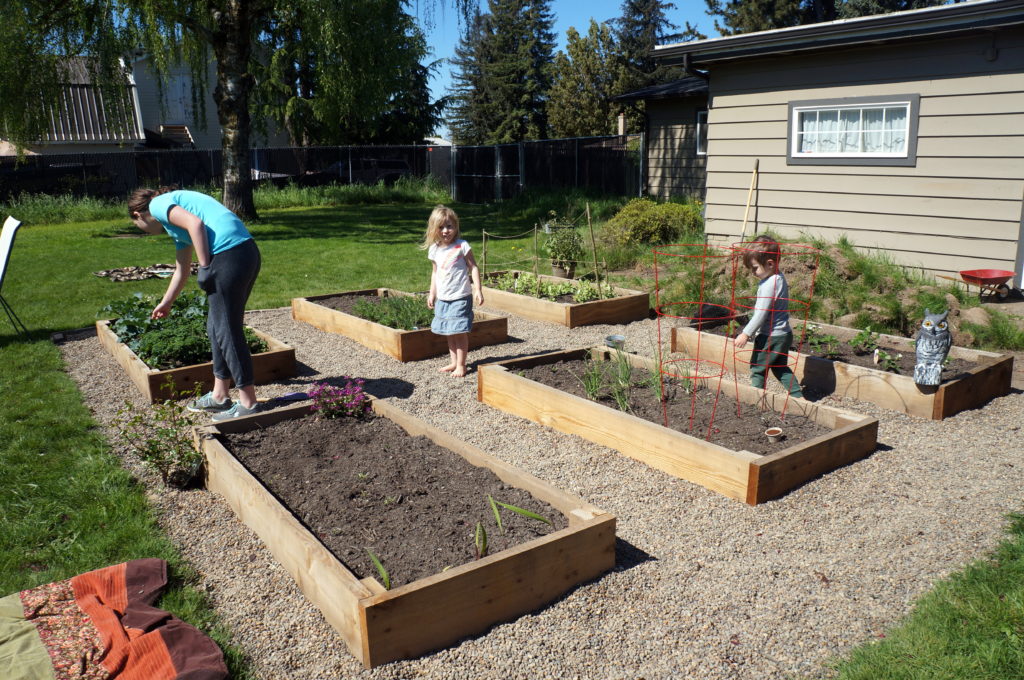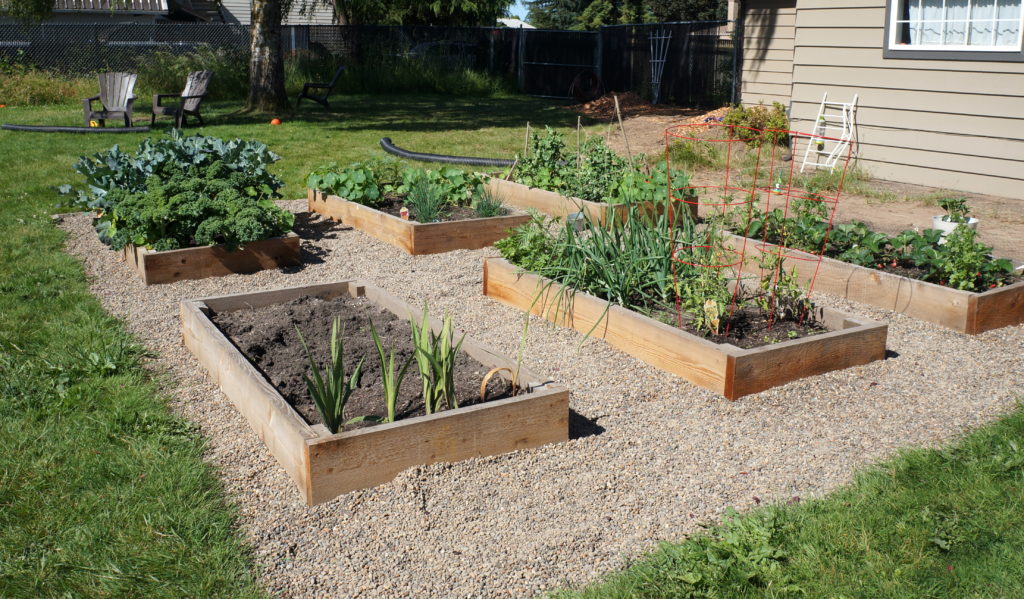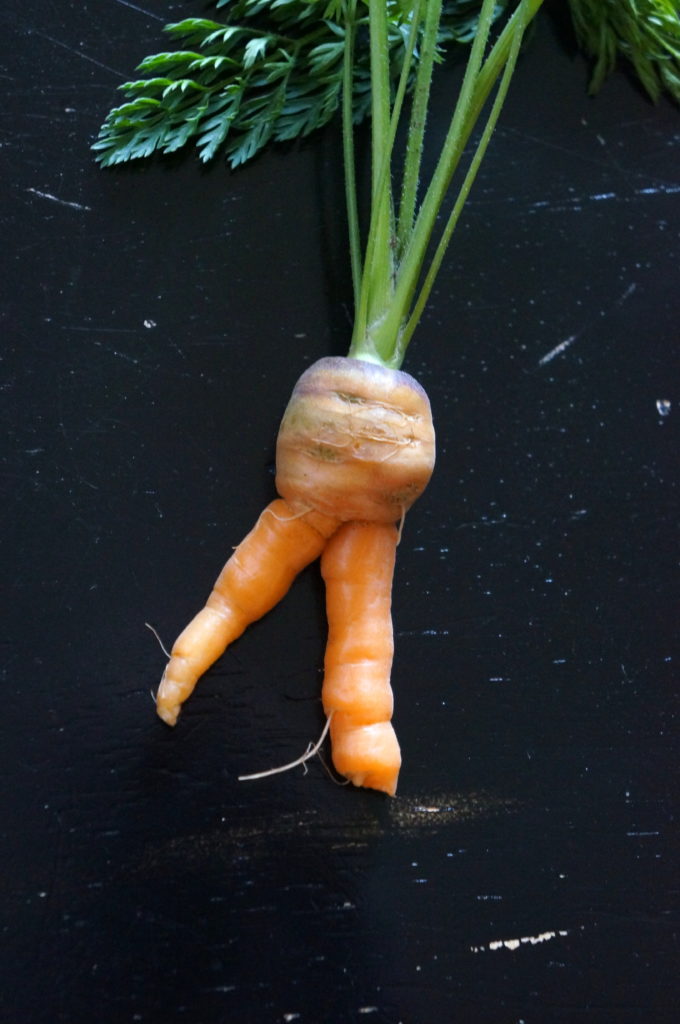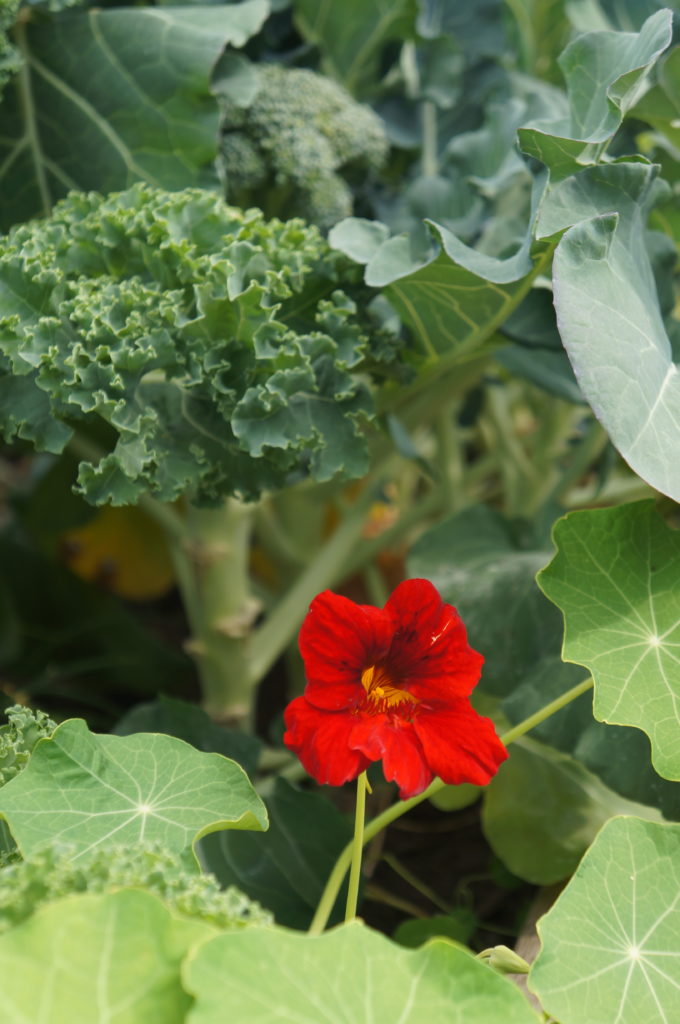or, 400 years in Purgatory
There’s a brief
window of life—usually in young adulthood while wrestling with purpose and
vocation—when one prays more frequently, which leads to an abundance of grace
and consolations; silence is golden and Mass is a retreat, even if the music is
distractingly off-key or the preaching is dull. Finding a moment to sit in the
quiet still of a dark sanctuary is relatively easy to come by, and it’s easy to
start fancying yourself a regular contemplative, maybe even a
saint-in-the-works. If you are in that stage of life right now, cherish it, but
understand with a degree of humility that it’s a gift, a feast of perceptible
grace before life gets real. Because, let me tell you, it won’t last.
There comes a time
in a person’s life when Mass feels like a stallion-training pen and all
wonderful, beautiful, contemplative thoughts that may have flooded the mind and
heart during Mass previously are at once snuffed out with a merciless puff. And
that merciless puff is called a toddler. Or two or three of them.
If you are in that particular stage of life, when Mass is a purgatory of tantrums, potty-trips, flying plastic toys, a mess of bodily functions (breast milk leakage, peeing, blow-out diapers, vomit, runny noses, take your pick), then I have three things to tell you: 1) I am/have been there, 2) this too shall pass, and 3) until it does, I humbly offer the following.
First of all, I am/have been there; I GET IT
Exactly when this reality hits parents varies, but for me it hit right away with our first. Trying to nurse in a wooden pew is tricky; equally tricky is trying to mix a bottle of formula. It’s not impossible, but it effectively takes your mind off of Mass for sure. But by the time your child is a toddler, forget it. You’re basically wrestling and contorting throughout Mass, if you’re lucky enough to stay in the pew, though a lot of time is spent in the foyer or outside or in the germ-infested cry rooms which are really named for crying mothers while children feel at last free to be as crazy as they like (oh, how I loathe cry rooms—can you tell?). If you’ve decided to brave it in the pew (or if you’re landlocked and forced to stay), it’s a sweaty mess of wrangling arms and legs, and a constant inner struggle of how-and-should-I-discipline-my-child-with-so-many-witnesses, convinced the furrowed brows are meant for you and certain people are wondering how mother nature ever allowed you to conceive a child, unworthy as you are. It’s torture.
Then you get home, everyone’s hungry and tired, all the energy for the day having been spent getting to and through Mass. Not so Sabbath-y after all, and definitely void of any contemplative prayer.
This, too, shall pass
Really, it truly does. This era of the migraine Mass will end eventually. I remember sitting in Mass with scrawly children and looking over to an opposite pew where a family of ten sat almost perfectly. Instead of a beacon of light, they were the most discouraging thing ever to see because it made me wonder what I was getting wrong. But now that’s us—our family of eight sits almost without incident through Mass (though, we still have our turn of stepping out with the little ones when needed). I think it’s a positive form of peer pressure. The little ones watch and follow the older ones. There’s an unspoken oh-this-is-what-we-do understanding, which is why it’s good for little ones to sit in Mass. Eventually they get it. So gird your loins and buck up, this is only temporary!
And until it is over, here is what I humbly offer to (hopefully) help you in the interim:
In
stressful situations like Mass, it seems like our children are the ones making
us miserable, but in reality we are the ones who make ourselves miserable. A
two-year-old is just being a two-year-old. Sometimes I have a hard time paying
attention in Mass in the best of circumstances, so I imagine for a child it’s
quite a challenge. We have tried bringing church-related books or small toys to
Mass, though for our kids that often becomes its own distraction. But maybe it’ll
work for your kids. We found the best solution was sitting close to the front,
or having our littlest ones sit at the end of the pew near the aisle so they
could actually see what was going on. It’s not fool-proof. If a child is tired,
hungry, has to go to the bathroom, or just feels especially naughty that day
then nothing works, and you resign yourself to pacing the back.
If
that happens, try not to get frustrated. Often times the source of my
frustration was what people were thinking of me, how they must be thinking that
I couldn’t control my child. If that’s a worry for you too, remember that
people are not thinking that. And if they are, they have the problem, not you. The
Church, taking a nod from God Himself (“Go forth and multiply”, “Let the little
ones come to me”), encourages us to have children so the body of Christ should
not be disturbed by hearing and seeing them at Mass. They are the future of the
Church, so let them squirm and wiggle while they learn to love Jesus in the
Mass. As they get older, talk them through what’s happening, point out the tabernacle,
the altar, etc. And if a neighboring adult hears you, don’t worry—they might be
learning something too.
To
be sure, sometimes I was legitimately frustrated with my child because there
are days when it was good old-fashioned belligerence on their part. As they get
older, there were consequences for bad behavior in Mass. If they kept lying
down (and we ascertained that they had slept and were not sick) then they had
to lay down in their rooms for a while instead of having free time after Mass,
which they did not like. Obviously you as the parent will make the best call.
But associating Mass with a lot of restriction and punishment is, in the end,
not the best attraction to Mass.
The next time you find yourself growing frustrated that you have to pace in the back with a misbehaving or tantruming child, or you’ve been exiled to the loathsome cry room, or you’re spending much of Mass waiting in the bathroom for your child, remember that you are being formed spiritually by the very act of willful, purposeful parenting. Choosing to care for your child even when you might rather sit and listen to the homily, or spend some silent moments in prayer, is an act of love, a discipline that will form your heart and please our Lord. It also means we have to purposely set aside time in the day for quiet prayer with God, even if it’s brief. But Mass, in the end, is not about what we’re doing. We don’t do anything in Mass that deserves His Body and Blood. It’s a gift. We have a responsibility to receive it worthily, with a clear conscience, in reverence and thanksgiving, but our participation in Mass doesn’t make us worthy. If you’re distracted during Mass by the act of parenting your child, you are fulfilling your vocation, you’re obedient to God’s call in your life. Try to be ok with that.
And
if you don’t have children or yours are grown, please be kind and patient with
those who do. An encouraging word is powerful. There have been several older
women in my life who smile at me while I wrestle an escaping toddler back into
the pew, and that little recognition means a lot in a stressful moment. In the
reverse, I’ve had dirty looks from disgruntled Mass-goers. At first I felt
humiliated, but now I know better. It helps to remember even the Apostles shoe’d
the children away and Jesus corrected them: “Let the children come to me, for
to such belongs the kingdom of God.”

